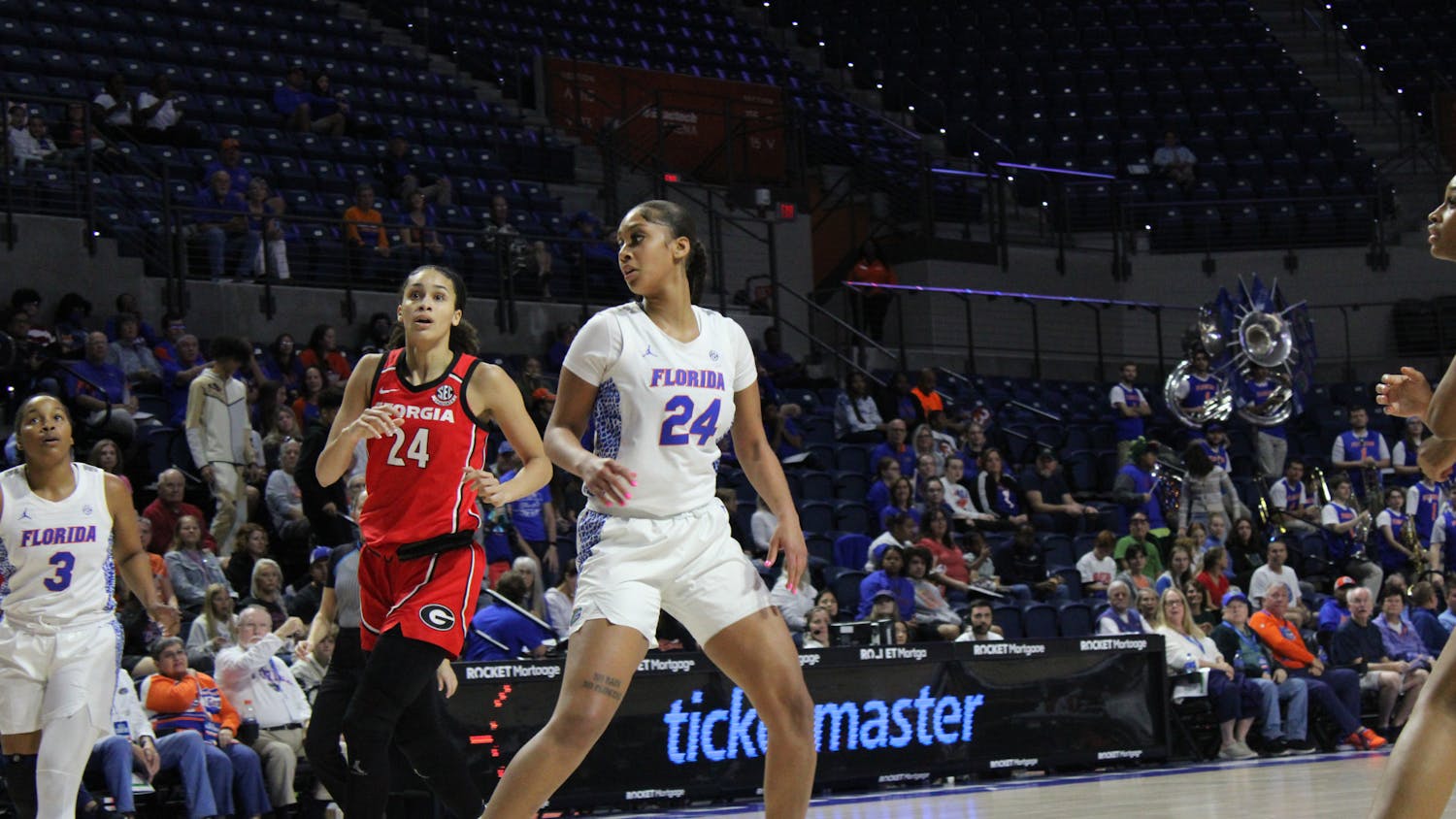Like many others, I had to take a break from social media in the days following the election. While I understood some prefer to sort through their emotions on a public platform, I also realized I was soaking up these feelings like an overly empathetic sponge. In the past year, social media became synonymous with the election, as each day brought new stories, poll numbers and voices to my various feeds.
Thus, in the wake of my first presidential election, I found myself wondering what sort of influence social media had on it, and apparently I wasn’t the only one.
The New York Times reported Facebook’s vice presidents and executives began discussing the social network’s role in the election once it became apparent that Donald Trump would win last week. Facebook has been accused of helping spread political misinformation in the form of fake news articles, videos and memes, which some believed exerted a tangible effect on the country’s decision. Yet Mark Zuckerberg denied the accusations at a conference last Thursday.
This isn’t the first time Facebook’s model for disseminating news has come under fire. Earlier this year, the social media site was accused of censoring conservative news and media in the Trending Topics section, leading Facebook to grapple with the effects it has on users’ political perspectives.
More than anything else, Facebook is experiencing an identity crisis as it becomes a primary news source for many of its users despite its original intention to serve as a neutral social platform.
In the days surrounding last Tuesday, my Facebook newsfeed became inundated with political posts from friends, acquaintances and strangers alike, many of them several paragraphs long and underscored by feelings of utter disbelief. They were also largely left-leaning, an unsurprising trend considering my age and liberal arts education.
Yet after speaking to my mother, I realized how different our Facebook newsfeeds must look, considering our different demographics and how they reinforce our own beliefs. Facebook’s employees also realized this and were concerned with creating and maintaining these ideological bubbles, according to interviews conducted by The New York Times.
It’s increasingly easy to double down on these beliefs, especially when surrounded by people who share them. Yet the internet and social media also connect us to a variety of perspectives we would have never experienced otherwise, so this problem seems almost contradictory. In the end, it all boils down to the human tendency to avoid cognitive dissonance. We actively seek out information that confirms our beliefs, whether that information takes the form of a news channel, publication or Facebook page. The tricky part is we often don’t realize we’re doing it.
Despite Facebook’s concerns, I find it difficult to believe the social media platform was a major influencer in this election. If those users looking to confirm their beliefs didn’t find the desired information on their newsfeed, they simply would have found it somewhere else.
Perhaps anyone who takes every article and meme at face value is merely reaping what they sow. It’s easier to be a well-informed citizen now more than ever before, and while Facebook can quickly become a bubble, we can just as quickly seek out differing opinions. Only time will tell how social media continues to influence elections and the country’s political perspectives, yet I believe that it’ll remain a tool, not a hindrance.
Marisa Papenfuss is a UF English senior. Her column appears on Tuesdays.





